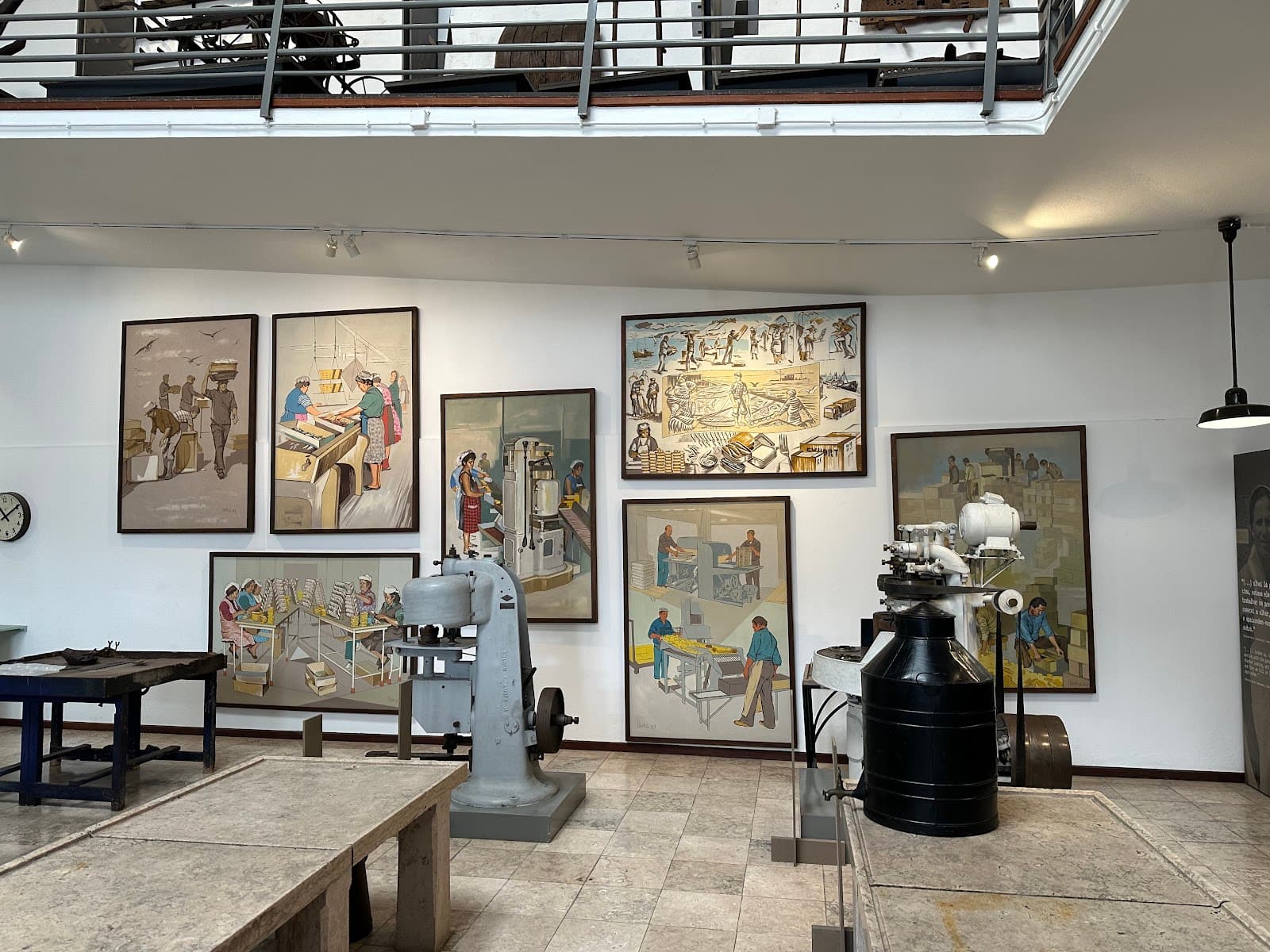
Museu do Trabalho Michel Giacometti
Discover Setúbal's working-class heritage in a former sardine cannery, exploring labor history and local culture.
Highlights
Must-see attractions

Social
From TikTok & Reddit
Best Time
Fewer crowds, more reflection

Museu do Trabalho Michel Giacometti
Best Time
Fewer crowds, more reflection
Highlights
Must-see attractions
Discover Setúbal's working-class heritage in a former sardine cannery, exploring labor history and local culture.
"A small but very interesting and well-curated museum focused on the sardine trade."
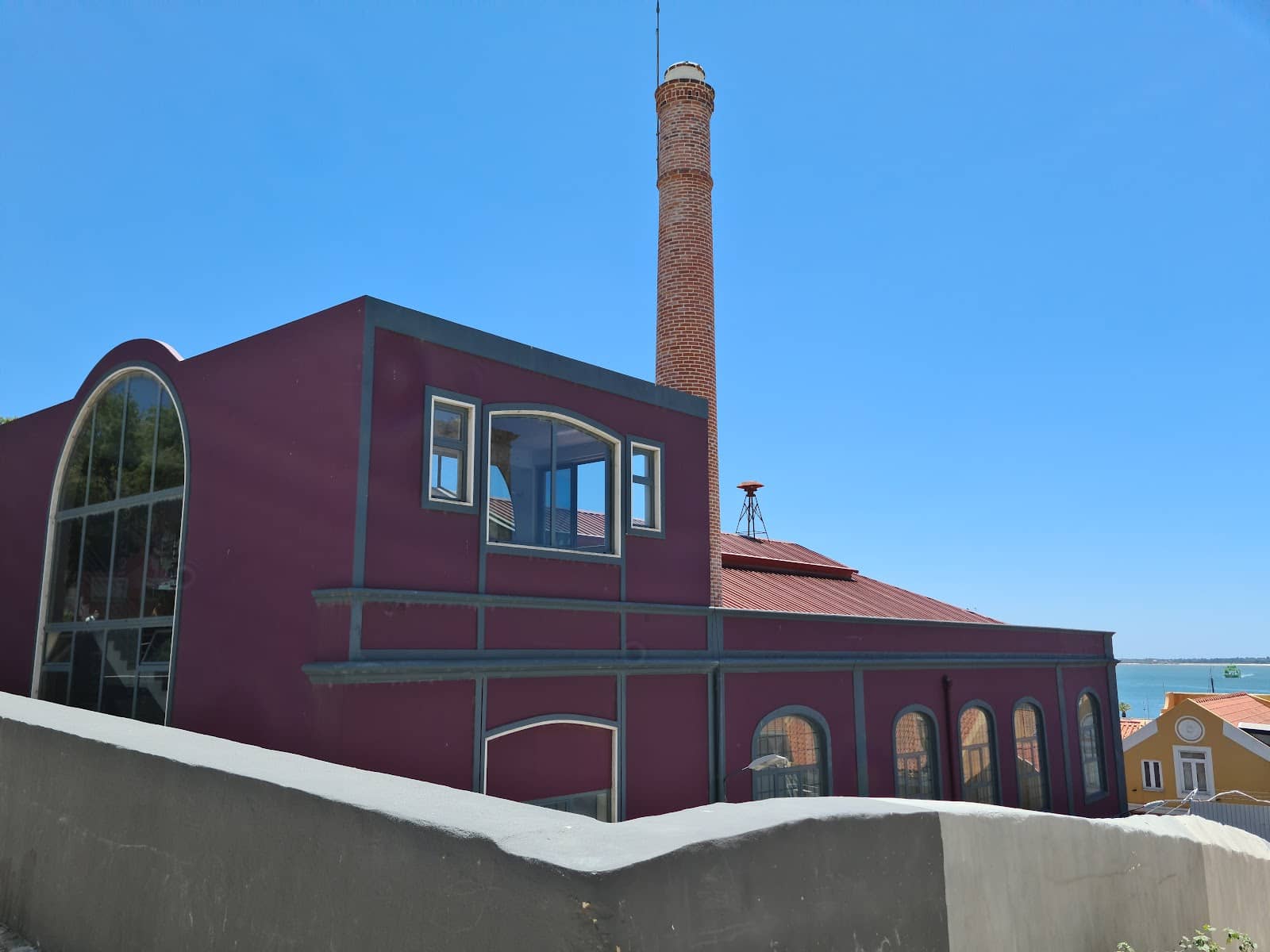
🎧 Audio Guide is a Must!
Don't miss the free audio guide; it's highly recommended for understanding the exhibits.
⏳ Allow 30-60 Minutes
This small but impactful museum can be explored thoroughly in about an hour.
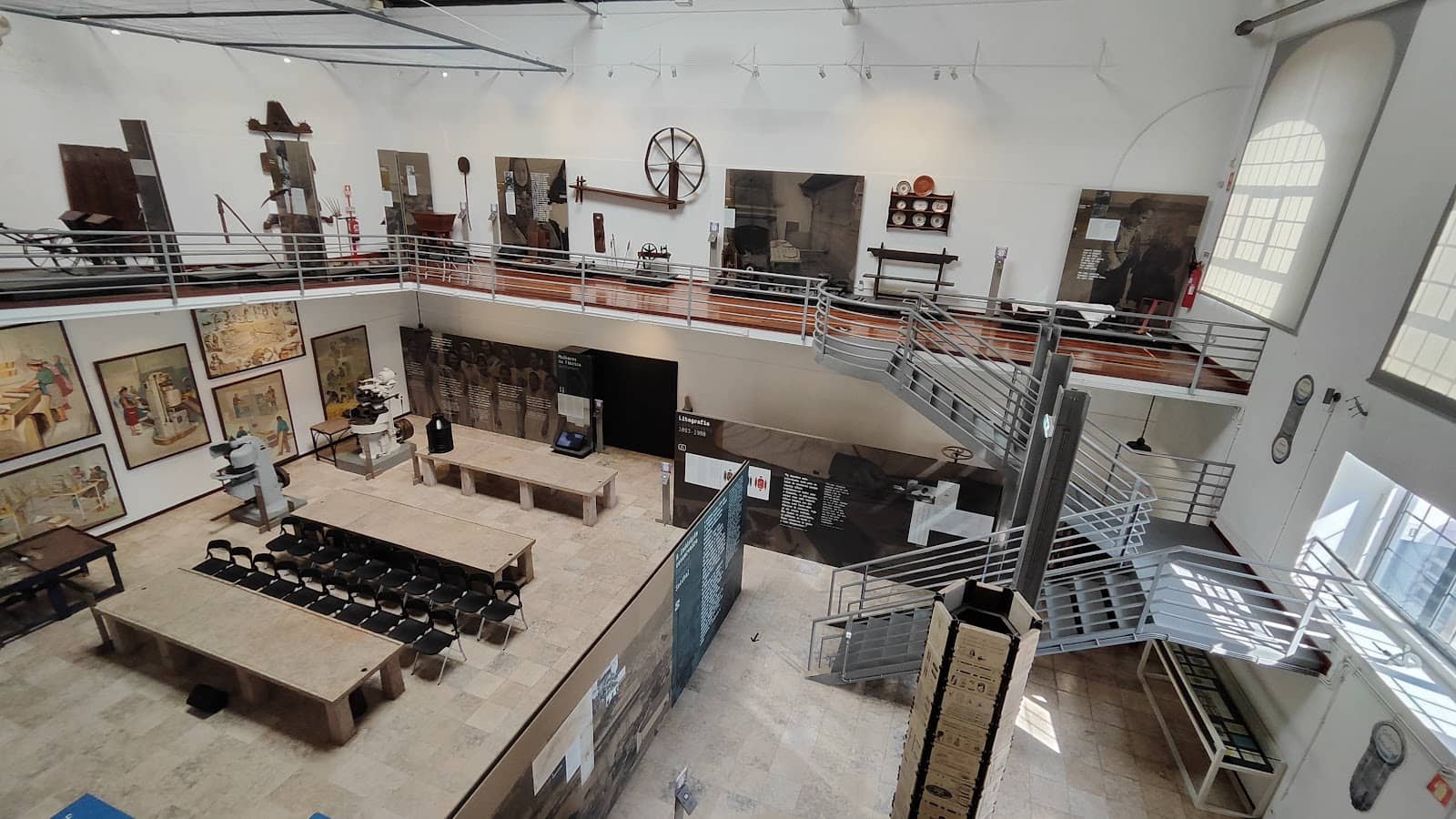
Highlights
Discover the most iconic attractions and experiences

Canning Factory Transformation
Former 'Perienes' cannery
Explore the preserved interior of a historic sardine canning factory, showcasing its original features and machinery.

Sardine Trade Exhibits
Main exhibition halls
Discover the history and cultural significance of Setúbal's vital sardine industry through engaging displays.
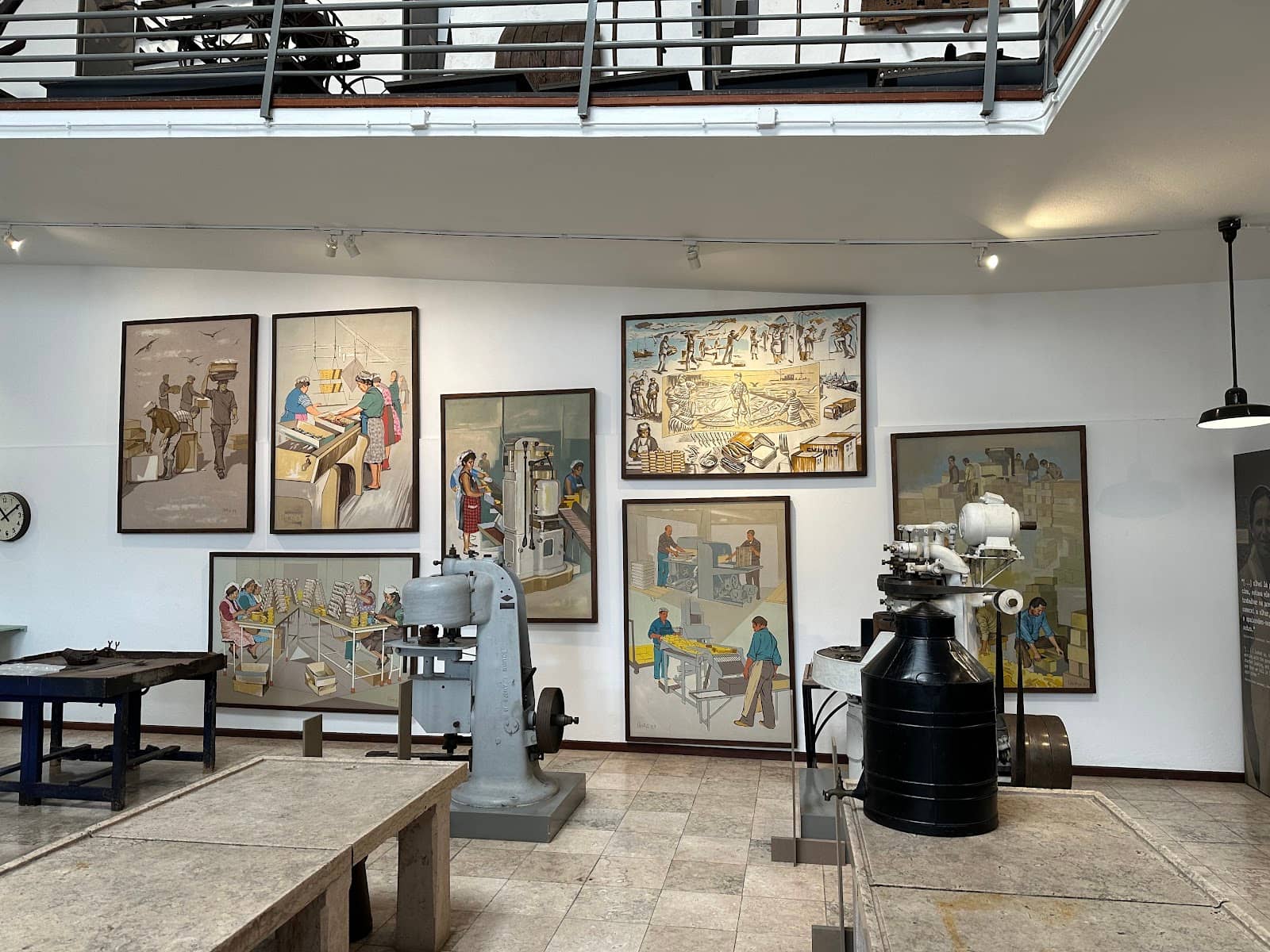
Music of Labor
Dedicated music section
Experience the sounds and stories of music associated with the daily lives of Setúbal's workers.

Photography Exhibitions
Temporary exhibition space
See rotating photography displays, often focusing on local life and historical figures.
Plans like a pro.
Thinks like you
Planning Your Visit
Timing is Key for a Deeper Dive
Embrace the Audio Guide
Best Times
Insider Tips
from TikTok, Instagram & Reddit
🎧 Audio Guide is a Must!
Don't miss the free audio guide; it's highly recommended for understanding the exhibits.
⏳ Allow 30-60 Minutes
This small but impactful museum can be explored thoroughly in about an hour.
💰 Affordable Entry
Very reasonably priced admission, with discounts for seniors.
🖼️ Check for Exhibitions
The museum hosts temporary photography and art shows, adding to the experience.
Tips
from all over the internet
🎧 Audio Guide is a Must!
Don't miss the free audio guide; it's highly recommended for understanding the exhibits.
⏳ Allow 30-60 Minutes
This small but impactful museum can be explored thoroughly in about an hour.
💰 Affordable Entry
Very reasonably priced admission, with discounts for seniors.
🖼️ Check for Exhibitions
The museum hosts temporary photography and art shows, adding to the experience.
🏭 Factory Setting
The museum is housed in a former cannery, adding an authentic historical atmosphere.
What Travellers Say
Reviews Summary
Visitors find the Museu do Trabalho Michel Giacometti to be a small but very interesting and well-curated museum, offering a valuable look into Setúbal's industrial past, particularly the sardine trade. Many praise the affordability and the excellent, free audio guide that enhances the experience. While it highlights a past industry, it's appreciated for its educational value and authentic setting.
"Small but interesting museum in the centre of town.
We spent about a thirty minutes visiting and looking at the exhibits."
Michelle Morgan
"This is a very well curated museum focused on the sardine trade and the music associated with the work. The audio tour in multiple languages is great."
Bud Cookson
"Nice museum. You will learn about the Setubal industry... unfortunately, the past one since no more factories exists now."
Luis Gonçalves
What People Like
What People Dislike
Frequently Asked Questions
🚇 🗺️ Getting There
The museum is located in the center of Setúbal at Largo dos Defensores da República. It's easily accessible by public transport within the city.
While specific parking details aren't widely shared, being in the town center suggests there are likely public parking options nearby. It's best to check local parking apps or signs upon arrival.
Yes, if you are staying in or near the center of Setúbal, the museum is within walking distance of many attractions.
🎫 🎫 Tickets & Entry
Opening hours can vary, and it's always best to check the official museum website or social media for the most up-to-date information before your visit.
Admission is very affordable, with a small fee for adults and free entry for seniors over 65.
Yes, free audio guides are available in multiple languages and are highly recommended for a richer experience.
For general admission, booking in advance is usually not necessary due to the museum's size and typical crowd levels. However, for special events, it's advisable to check.
Information on accessibility is not extensively detailed online, but as a municipal museum, efforts are often made to accommodate visitors. It's recommended to contact the museum directly for specific accessibility queries.
🎫 🧭 Onsite Experience
The museum focuses on the history of labor in Setúbal, particularly the sardine trade, and the daily lives of working people, housed in a former cannery.
Most visitors find that 30 minutes to an hour is sufficient to explore the exhibits thoroughly.
While free audio guides are a highlight, specific guided tours might be offered for groups or special events. Check with the museum for details.
Key attractions include the preserved canning factory interior, exhibits on the sardine trade, and displays about working-class life and associated music.
Yes, the museum frequently hosts temporary exhibitions, often featuring photography related to Setúbal's culture and history.
📸 📸 Photography
Generally, photography for personal use is allowed, but flash photography might be restricted to protect the exhibits. Always check for posted signs.
The preserved canning factory interior, the detailed displays of daily life, and any temporary photography exhibitions offer great visual opportunities.
The graphics related to the sardine trade and the recreated shop interiors are often highlighted as visually appealing.
For Different Travelers
Tailored advice for your travel style
👨👩👧 Families with Kids
Keep in mind that while educational, the museum's focus is on historical labor, so it might be more suited for older children who can appreciate the historical context. The relatively short visit time also makes it manageable for families looking for a quick, informative outing in Setúbal.
💰 Budget Travelers
It's a perfect addition to a day of exploring Setúbal, offering significant historical insight for a minimal cost. The compact size means you won't need to allocate a large portion of your budget for a lengthy visit.
📚 History Buffs & Culture Enthusiasts
The museum's origin, stemming from Michel Giacometti's ethnographic work, adds a layer of academic and historical significance. The preserved canning factory environment provides an unparalleled authentic setting for understanding the region's industrial past. Don't miss the opportunity to use the detailed audio guide to fully grasp the nuances of this important cultural heritage.
Deep Dives
In-depth insights and expert knowledge
The Legacy of Michel Giacometti
This dedication to preserving the working-class heritage is evident throughout the museum. It serves not just as a repository of artifacts but as a testament to the lives, struggles, and cultural contributions of the people who shaped Setúbal's industrial past. The museum's existence is a direct result of Giacometti's vision to document and celebrate the 'work and culture' of Portugal.
Visitors can feel this connection to Giacometti's legacy by exploring the exhibits that meticulously recreate aspects of daily life and work. The museum’s focus on the sardine trade, a cornerstone of Setúbal’s economy for decades, directly reflects the kind of detailed, human-centered documentation Giacometti championed in his own work.
From Cannery to Cultural Hub
This authentic setting provides a unique backdrop for the exhibits. Walking through the preserved factory spaces, visitors can imagine the bustling activity that once filled these halls. The museum effectively uses this industrial architecture to enhance the narrative of labor, showcasing not just the tools and products but the very environment in which they were created.
The museum also serves as a vibrant cultural space, hosting events like book launches and temporary exhibitions. This demonstrates its role beyond mere preservation, acting as a dynamic center for community engagement and artistic expression, often featuring local talent and themes.
Exploring Setúbal's Industrial Past
Beyond the sardine industry, the museum also explores the broader theme of daily life for working people in Setúbal. This includes recreated shop interiors and displays of tools and artifacts that illustrate the diverse range of professions and activities that contributed to the city's economy. The focus is on providing an immersive and educational experience that connects visitors to the region's heritage.
Visitors often highlight the audio guide as an essential tool for fully appreciating the depth of information presented. It provides context and stories that bring the exhibits to life, making the exploration of Setúbal's industrial history both engaging and informative.
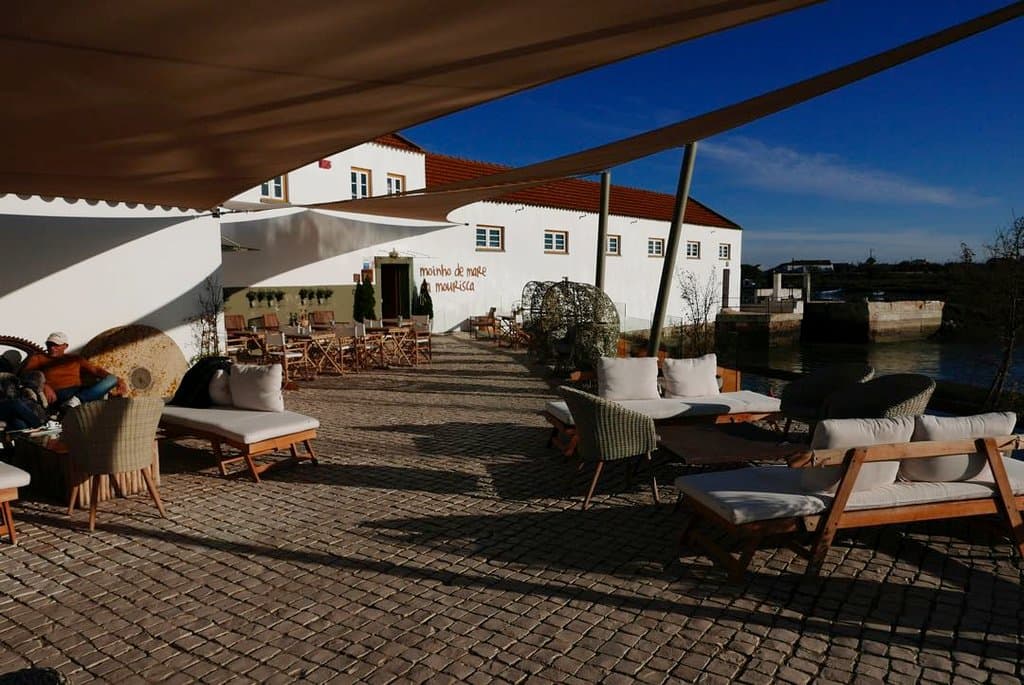

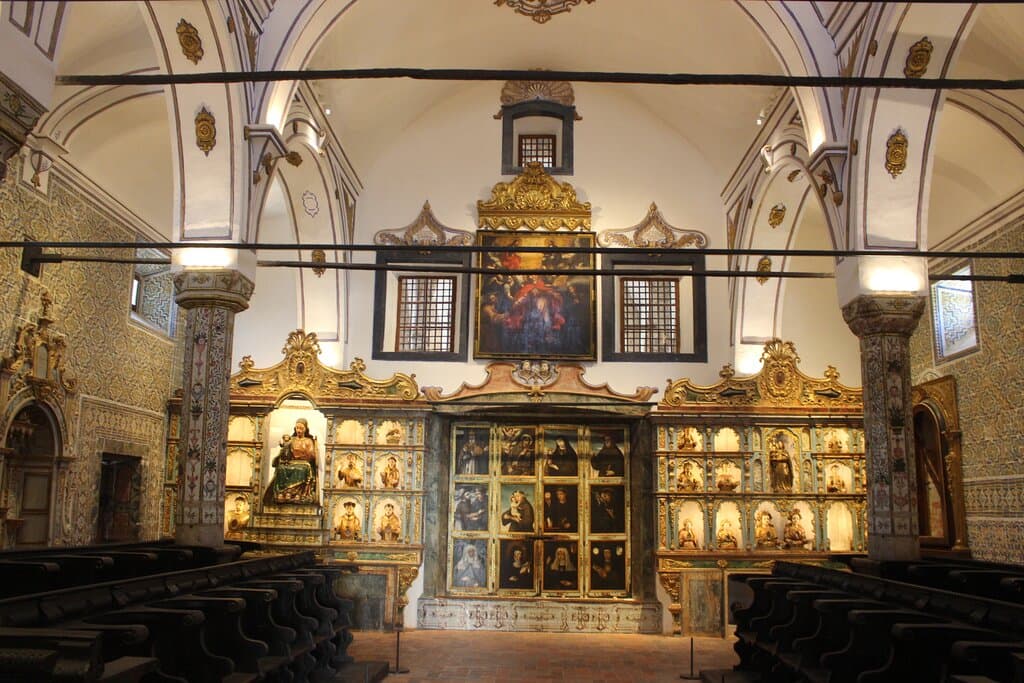
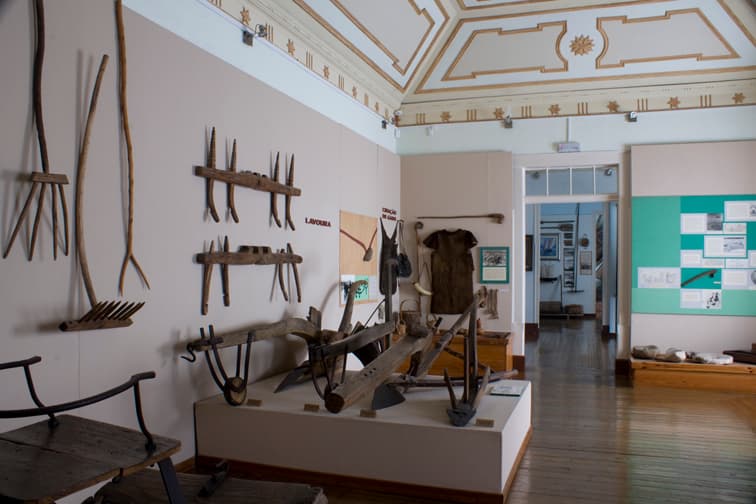
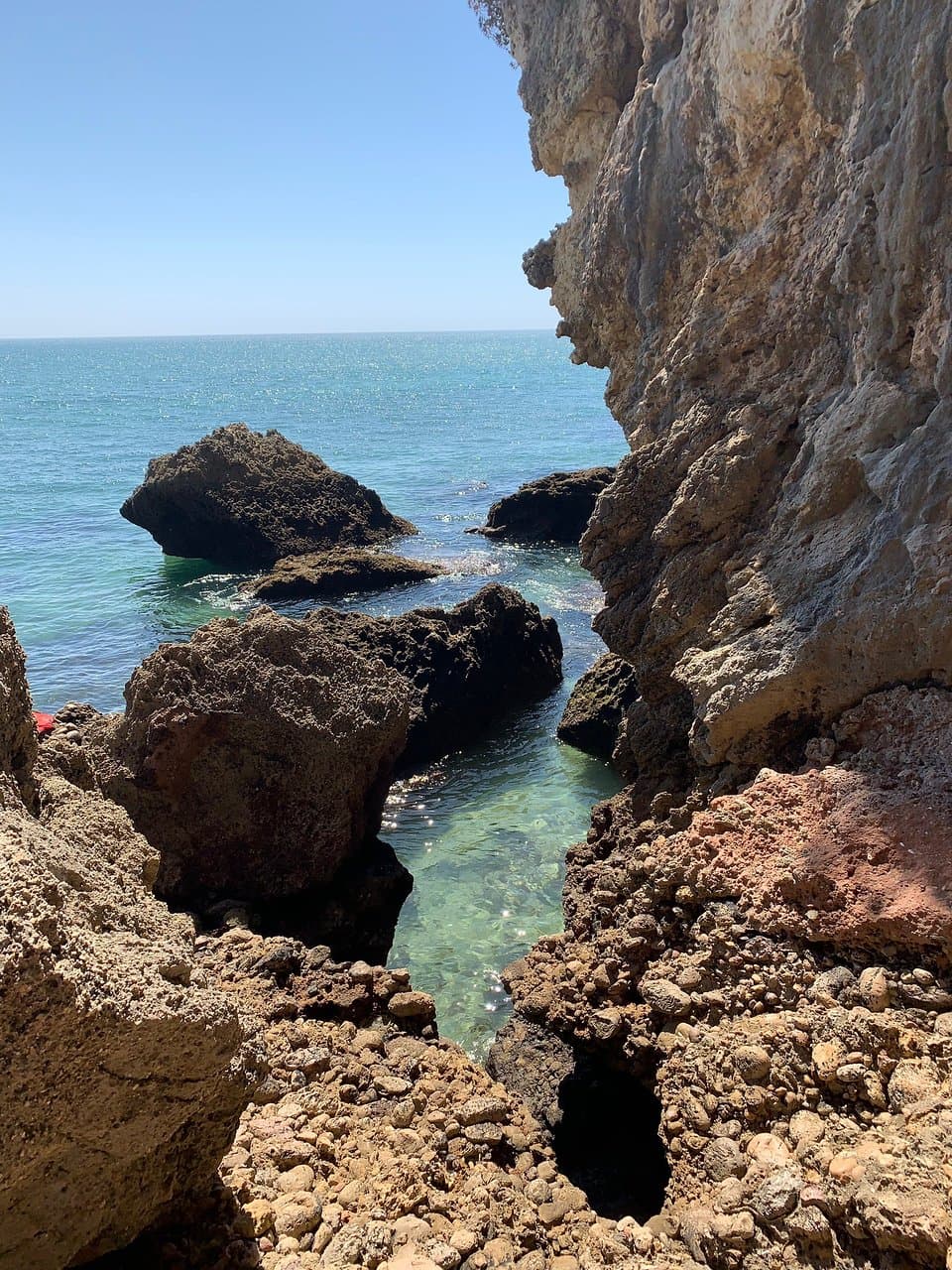
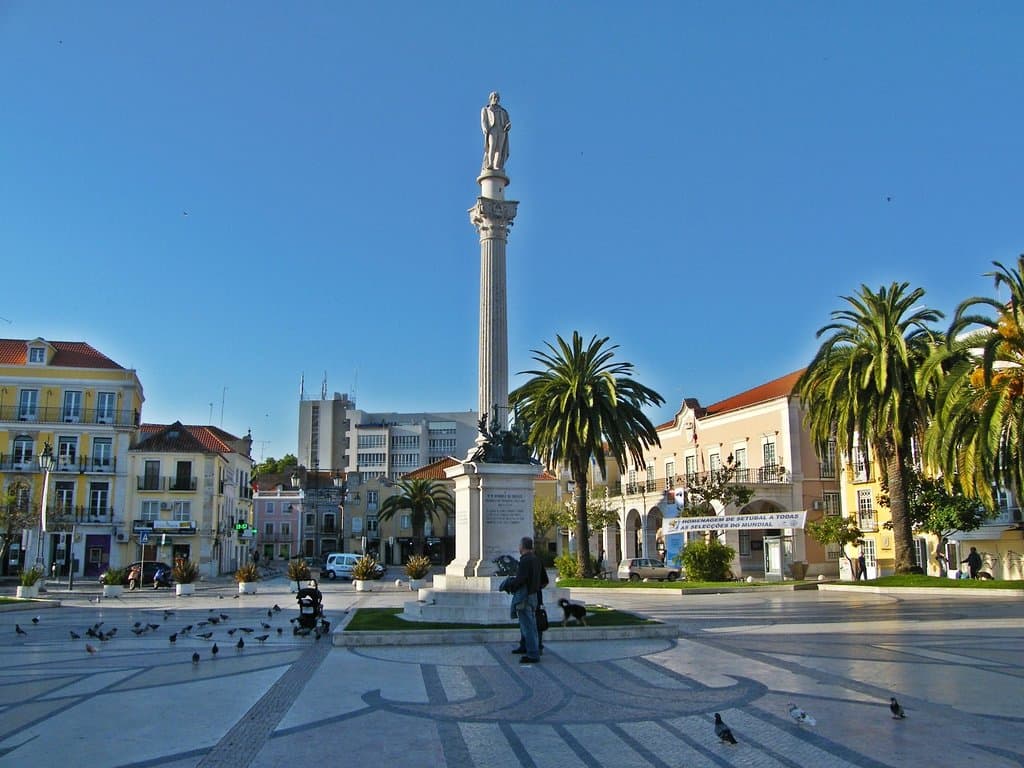
Social
from TikTok, Instagram & Reddit